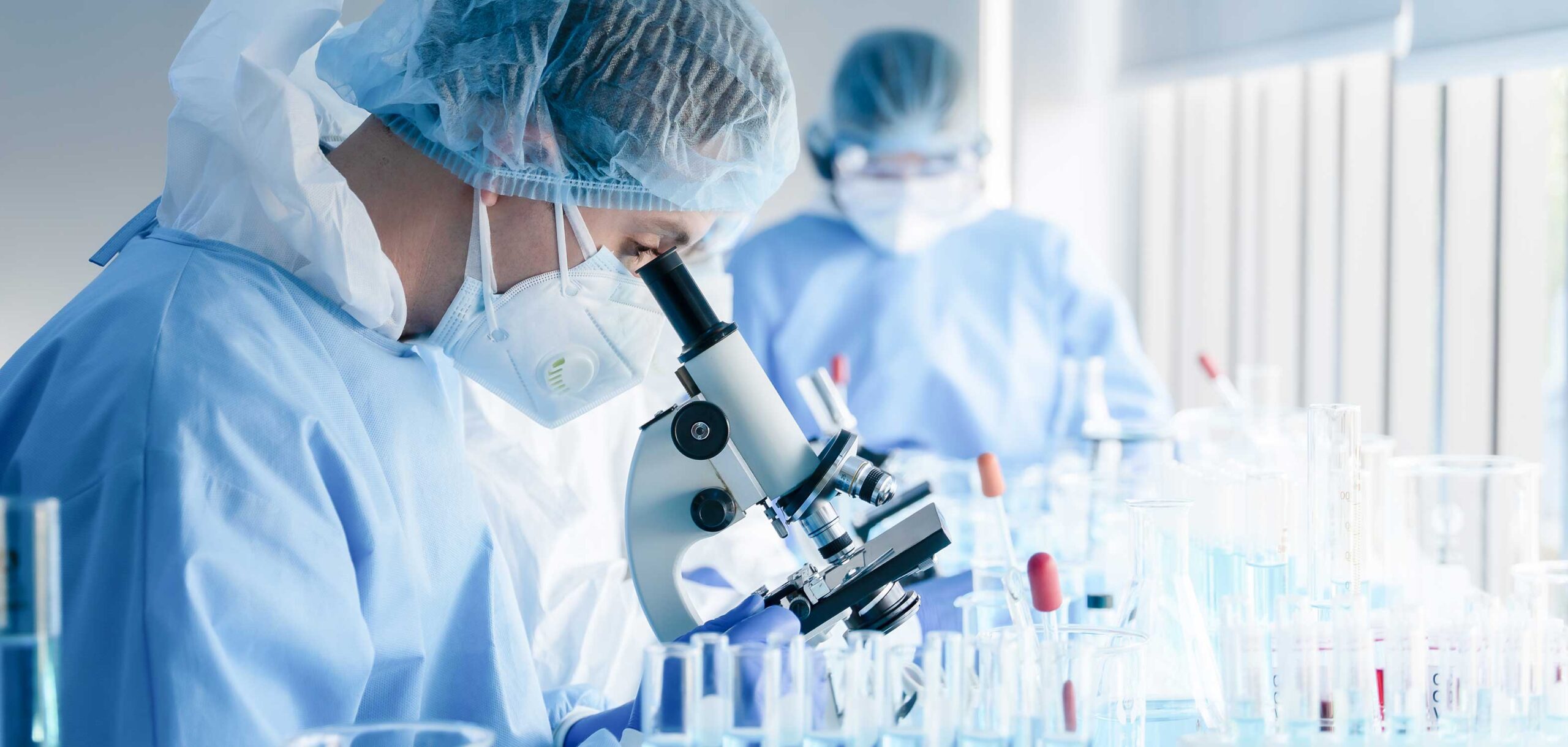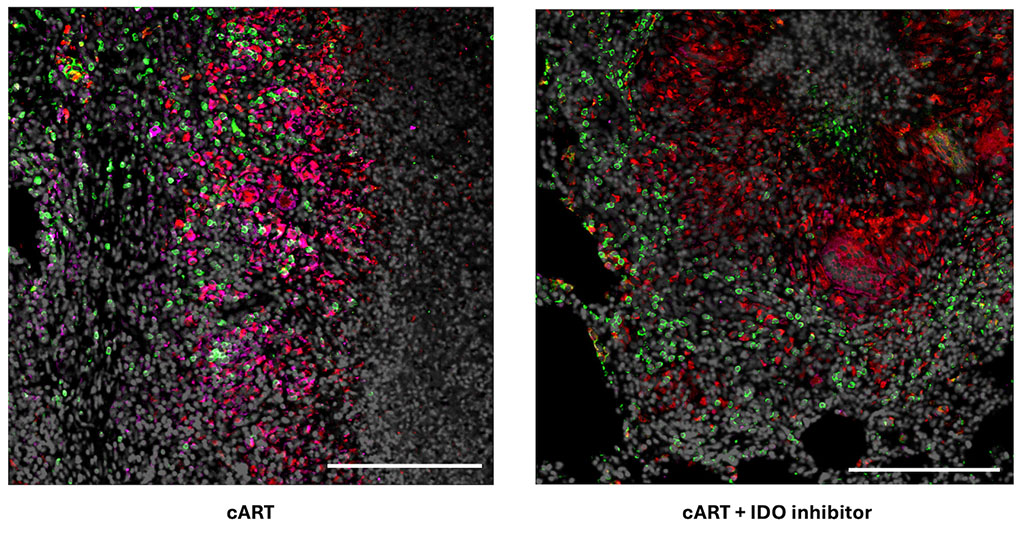Texas Biomed now part of global “100 Days Mission” effort aimed at preventing and quickly containing infectious disease outbreaks through accelerated vaccine development

SAN ANTONIO, TX (October 28, 2024) – Texas Biomedical Research Institute (Texas Biomed) has entered a global partnership with the Coalition for Epidemic Preparedness Innovations (CEPI). The five-year agreement will see the Institute join CEPI’s specialized preclinical network totaling 16 laboratories worldwide.
Under the partnership, Texas Biomed will deliver preclinical research and resources to help develop vaccines for reducing global epidemic and pandemic risks.
“This is an exciting moment for Texas Biomed as we take a leading role in the development of viable countermeasures for infectious diseases,” said Larry Schlesinger, M.D., President/CEO. “This decade has seen a tripling of large outbreaks relative to prior decades and the threat is not going away. Texas Biomed has a vital role to play in addressing this global public health issue and this partnership with CEPI is a major recognition of the quality of our science.”
CEPI was formed in 2017 after the devastating West African Ebola epidemic that killed 11,000 people. The coalition aims to transform the world’s response to the next novel threat by supporting researchers and scientists in producing safe and effective vaccines, among other strategies. It has received support from over 30 national governments and key philanthropic organizations, including the Bill & Melinda Gates Foundation and the Wellcome Trust.
“CEPI is committed to preventing future epidemics and pandemics. We were impressed by Texas Biomed’s nimble and forward-leaning approach and we are honored to now be partners. We look forward to collaborating on world-class science together,” said Amy Shurtleff, Ph.D., Director, Department of Laboratory Research and Innovations at CEPI.
Part of the work undertaken at Texas Biomed will include testing vaccines against CEPI’s priority pathogens, such as Lassa fever and Nipah, in preclinical models and generating data to more rapidly assess CEPI-supported vaccine candidates in development.
The strategies are at the heart of CEPI’s 100 Days Mission, said Texas Biomed Executive Vice President, Cory Hallam, Ph.D., who directs the Institute’s Applied Science and Innovation (ASI) unit focused on advancing contract research, innovation and commercialization.
“Texas Biomed shares CEPI’s goal of enabling the world to be prepared for the next potential pandemic with a new vaccine developed in just 100 days,” Hallam said. “It’s a bold and inspired approach that draws on the power of a global collaborative network. Our new partnership builds on Texas Biomed and CEPI’s complementary strengths and provides a compelling opportunity for our senior scientists and researchers to make a significant contribution to international efforts to combat infectious disease.”
###
About Texas Biomedical Research Institute
Texas Biomed is a nonprofit research institute dedicated to protecting the global community from infectious diseases. Through basic research, preclinical testing and innovative partnerships, we accelerate diagnostics, therapies and vaccines for the world’s deadliest pathogens. Our San Antonio campus hosts high containment laboratories and the Southwest National Primate Research Center. Our scientists collaborate with industry and researchers globally and have helped deliver the first COVID-19 vaccine, the first Ebola treatment and first Hepatitis C therapy. Learn more at txbiomed.org.
About CEPI
CEPI is an innovative partnership between public, private, philanthropic and civil organisations. Its mission is to accelerate the development of vaccines and other biologic countermeasures against epidemic and pandemic threats so they can be accessible to all people in need. CEPI has supported the development of more than 50 vaccine candidates or platform technologies against multiple known high-risk pathogens or a future Disease X. Central to CEPI’s pandemic-beating five-year plan for 2022-2026 is the ‘100 Days Mission’ to compress the time taken to develop safe, effective, globally accessible vaccines against new threats to just 100 days. Find out more at https://cepi.net/



